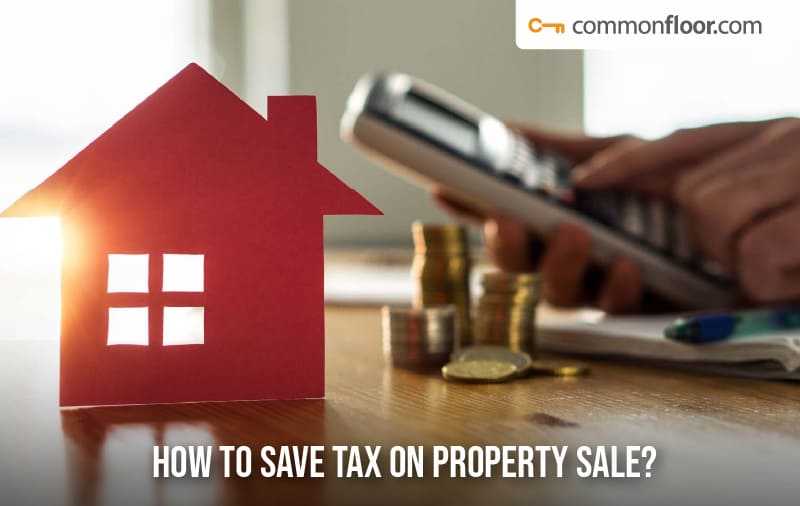Section 54 and 54F of the Income Tax Act: Capital Gain Exemption
Section 54 of the Income Tax Act
Under section 54 of the Income Tax Act, it is stated that if the seller of a residential property gets another property from that amount he or she is liable to get benefits in capital gains tax. Therefore, when an assessee sells a residential property and purchases another property, he or she is exempt from capital gains under Section 54 of the Income Tax Act.
Such capital gains are invested within the – 1) Purchase of another residential property within 1 year before or 2 years after the transfer of the property sold and or
2) Construction of the residential property within a period of three years from the date of transfer/sale of property
Measures of deduction under Section 54
Capital gains shall be exempt to the amount invested in the buying or construction of another house i.e.
- If the Capital Gain amount is equal to (=) or less than (>)the cost of the new house, then the whole capital gain shall be exempt
- If the amount of the Capital Gain is greater than (<) the cost of the new house shall be acknowledged as an exemption
How many no. of houses can be bought claiming Section 54 exemption
There are two conditions:
- The Capital Gains exemption is permitted only if the Capital Gains exemption is invested in the construction/purchase of 1 residential house. Regardless of the no. of houses already held by the person, if he invests the capital gain in construction/purchase of a single residential house then capital gains exemption can be claimed.
- In cases where the amount of Capital Gains does not surpass Rs 2 crores, the capital gains would be granted even if the investment is made in the purchase/construction of 2 residential houses.
Section 54F of the Income Tax Act
Any gain arising to an individual from the sale of any Long Term Asset other than Residential Property shall be exempt in full if the entire net sales consideration is invested in
- Purchase of residential house within 1 year before or 2 years after the date of transfer of such an asset or in
- Construction of 1 residential house within 3 years after the date of such transfer.
In case the whole sale consideration is not invested and only a part of the sale consideration is invested, the exemption shall be allowed proportionately i.e.
Amount Exempt = Capital Gain*Amount Invested
Net Sale Consideration
Circumstances that restrict Exemption Under Section 54F
- The assessee does not hold more than 1 residential house property on the date of transfer of such asset exclusive of the one he has purchased for claiming exemption under Section 54F.
- The assessee purchases any residential house, other than the new house, within a period of 1 year of the transfer of the old asset.
- The assessee builds any residential house, other than the new one, within a period of 3 years after the date of the sold asset.
Section 54 v/s Section 54F
- Earning income automatically adds a responsibility on the taxpayers to pay income tax on such income and so is the case with capital gains too. Though, the income tax laws permit taxpayers to claim special exemptions against capital gains, which will further reduce their tax costs. Two such important exemptions one can claim are under Sections 54 and 54F.
- Exemption under Section 54 is available on long-term Capital Gain on sale of a residential property.
- Exemption under Section 54F is possible on long-term Capital Gain on sale of any asset other than a residential property.
Difference between Section 54 and 54F
| Section 54 | Section 54F |
| To claim the full exemption the whole Capital Gains have to be invested. | To claim the full exemption the entire sale amount has to be invested. |
| In case unable to invest the whole Capital Gains, the remaining Capital Gains are charged to tax as long-term capital Gains. | In case the total sale amount is not invested, the exemption is allowed proportionately. |
| You should not hold more than one residential house at the time of sale of the asset. | |
| This exemption will be reversed under Section 54 if you sell the new property within 3 years of purchase and Capital Gains from the sale of the new property will be taxed as Short-term Capital Gains. | This exemption will be reversed under Section 54F if you sell this new property within 3 years of its purchase or construction Or if you buy another residential property within 2 years of the sale of the original asset or construct a residential house other than the new house within 3 years of the sale of the original asset. Capital Gains from the sale will be taxed as long-term capital gains. |
Image & Data Source: Google







